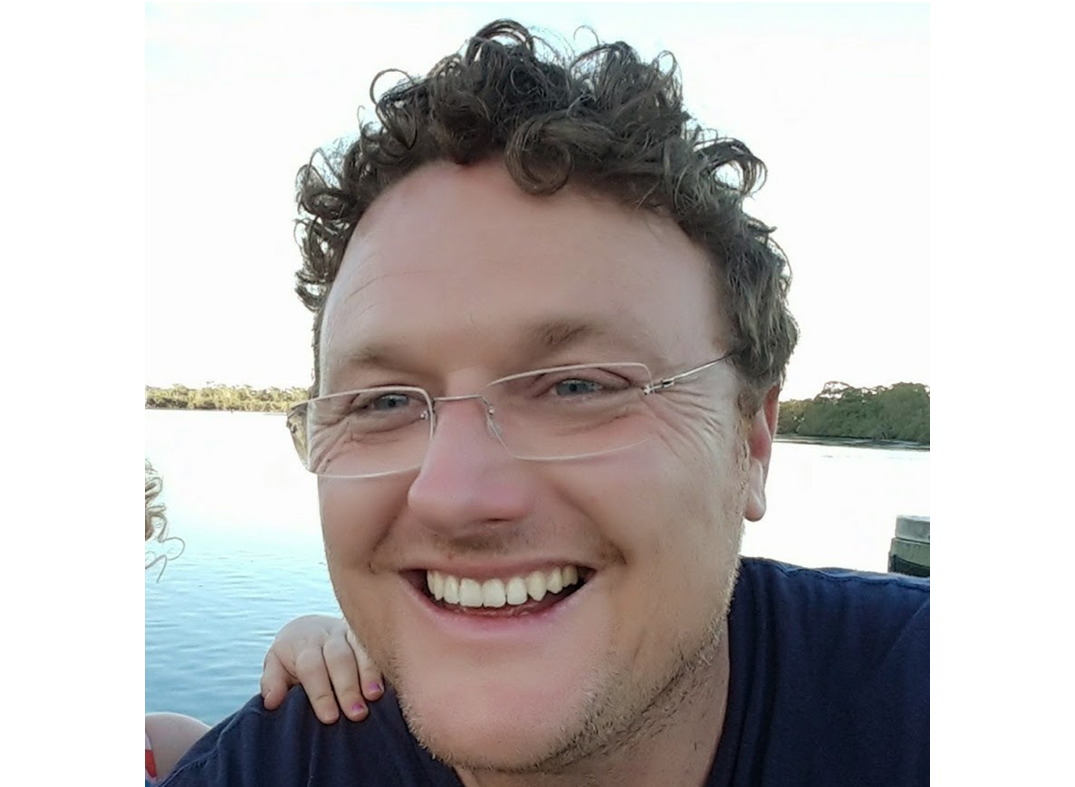After School Innovation in New Zealand – Matt Richards, New Zealand
This post has been adapted from Anthony Salcito's "Daily Edventures" blog post.
Innovative education doesn’t just happen during the traditional school day. Thanks to Matt Richards curious students in New Zealand and around the world are able to explore, create and learn in a unique after-school program.
Richards, who first became interested in education while filling in at an after-school program, has gone beyond his classroom to build experiences for students that will make a life-long impact. After building the first makerspace in Australian schools (on his own time, and with scraped-together resources), Richards and his students were featured on the local news. But that was just the beginning.
“After the media attention,” he tells us, “I was tweeted by the Australian Space Research Institute and asked if my students wanted to design and run experiments on the International Space Station. I said ‘yes, please!’ The experiment they have devised is sending tadpoles to space to see what space frogs look like and how they behave. The chance to Skype with astronauts during the ‘mission’ is exciting too!”
Today, Richards facilitates Mineclass (here’s his Microsoft Innovative Educator Expert summary of the project), which brings students together from around the world to collaborate on complex Minecraft challenges. How does it work?
“Students prototype creations and modify them using design thinking,” Richards says. “Redstone (coding blocks) and computational thinking are employed to create working computers, etc. The student admins in Mineclass are called Jedi Masters. They guide groups and teach participating teachers the basics of Minecraft. Minecraft encourages coding. Several of the students participating in the project have coded bespoke plugins to achieve specific goals.”
Whether he’s building after-school learning environments, or helping students build their own projects with peers around the globe, Richards is part of a new breed of educators that is breaking down the barriers between school and after school, helping today’s students learn anytime and anywhere.
Enjoy this Edventure with Matt Richards, the director of The Mind Lab by Unitec and a Microsoft Innovative Educator Expert.
What inspired you to become an educator?
Ten years ago I was working as the managing editor of a publishing company. I was tired of working just for profit. I wanted to work in a field that changed lives and made the world a better place.
My girlfriend at the time managed a before- and after-school care service. She was short staffed one day and asked me to help cover a shift. I enjoyed working with the kids so much that I got my teaching qualifications and became a primary school teacher. My Dad had always told me that teaching was the most important profession as it created our future.
What was a defining moment in your career when you felt proudest to be an educator?
Creating the first K-12 Makerspace in Australian schools was a highlight for me. I didn’t ask permission. I just did it over the holidays. I converted the upstairs of the library, re-purposed furniture and got friends in the industry to donate some tech. When school term kicked off I invited Channel 9 news in to do a story. Making the night time news was a hit with the kids and the community. We were the “school of the future!” Not bad for a little school in rural Australia.
Why do you feel passionate about innovation and technology in the classroom?
Innovation and learning is how we fix the world. We have some big issues facing us as a species right now and new thinking is needed if we want to have a future. Global collaboration is the way forward.
A project that I facilitate called mineclass.org is an example of global collaborative learning. Students from around the world learn, play and innovate together in a shared Minecraft world. The students run the show in Mineclass. They create the challenges, which have to be completed in teams. It’s a great example of a connectivist learning environment.
Whether it’s a day-to-day challenge or larger problem, what’s the biggest obstacle you or your country or region has had to overcome, or will have to overcome, to ensure a quality education for students?
The biggest challenge we face in education today is a lack of agility and vision. The world is changing fast. Automation, robotics and A.I. are changing the workplace and jobs. New disruptive technologies are being invented daily. Unless established education systems evolve quickly, they will become obsolete.
In terms of education innovation, what are you most excited about for the future? What is your biggest hope for today’s students?
A lot of things excite me about the future! Artificial Intelligence, virtual reality, augmented reality and global learning networks are defining this Age of Learning. By 2020, the whole world may be online. How fast will we evolve when every innovator on the planet is networked? It’s an exciting time to be alive!
About Matt Richards
- Birthplace: Newcastle, Australia
- Residence: Wellington, New Zealand
- Blog: https://www.mattrichards.info/
- Twitter: @sirmattrichards
- Educational background: Bachelor of Arts (Media & Writing), Southern Cross University; Graduate Diploma of Education, Newcastle University; Google Certified Innovator; Microsoft Innovative Educator Expert. I have worked as a primary teacher, secondary teacher, Director of Innovation and now I work in an educational social enterprise.
- Websites I check every day: Reddit, Motherboard, Neatorama, Lifehacker, Makezine, Gizmodo, Edutopia
- Favorite childhood memory: Lying on the garage roof stargazing.
- Favorite book: Neverness by David Zindell
- Favorite Microsoft product, tool, technology: Minecraft and Hololens
- What is the best advice you have ever received? With our thoughts we make the world.
